How to Organize a Practical and Functional Library
A well-organized library can be a source of pride for any book lover. However, organizing your collection of books may seem like a complex task, especially if you have many books.
Luckily, there are effective methods for planning, sorting, and maintaining order in your library. Discover all our tips and how to apply them.
Planning and Preparation
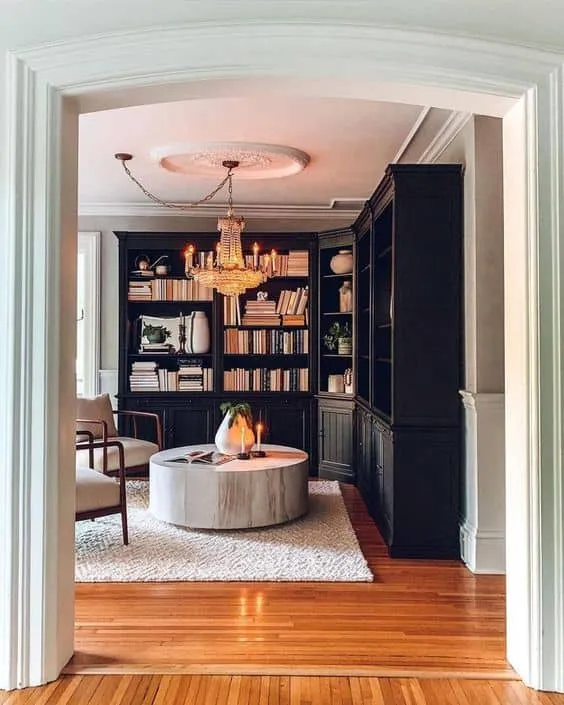 Pinterest
PinterestThe first step in organizing your library is planning and preparation. This includes accounting for all your books and choosing a management system. Before starting, it's recommended to gather all your books in one place to accurately determine their number. This will help you identify the best way to organize them.
Next, you need to choose a book sorting system. There are many approaches, and the best one depends on your personal preferences and the size of your collection. Among the most common are sorting by genre, author, or subject. You can also use alphabetical sorting, by color or size. The key is to choose a system that's convenient for you and one you can stick to.
After choosing the system, determine how to physically arrange your books. This depends on available space and the size of your collection. You can use shelves, place books on tables or in boxes, or wall-mounted bookcases. It's also worth purchasing bookends or other accessories to keep books upright and in good condition.
Sorting and Classification
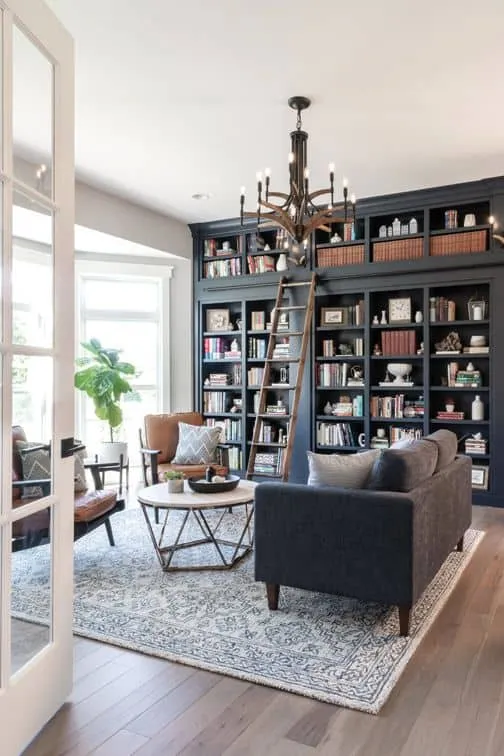
The second stage of organization is sorting and classifying books. Here, you group books according to your chosen system. For example, if you've decided to sort by author, gather all books by the same author and arrange them alphabetically.
Sorting and arranging your books may take time, but it's important so you can easily find the books you need and keep them in good condition. During classification, you can use bookmarks or labels to mark the genre or category of each book.
At this point, it's also a good idea to clean up your collection. Review your books and decide which ones you want to keep and which are no longer needed. This process can be difficult, especially if you have an emotional attachment to your books. However, it's important to be realistic about space and evaluate whether you'll read or use these books in the future.
Need a renovation specialist?
Find verified professionals for any repair or construction job. Post your request and get offers from local experts.
You may also like
More articles:
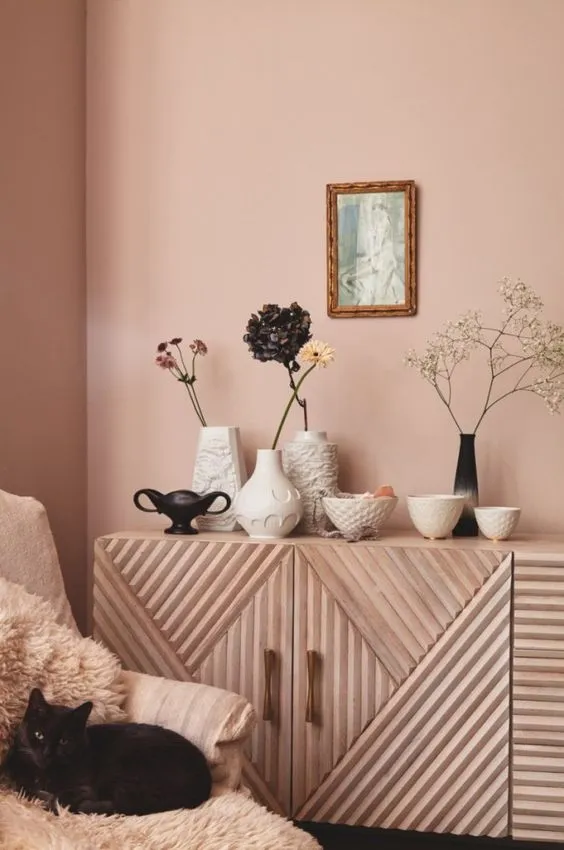 How to Decorate a Small Bedroom?
How to Decorate a Small Bedroom?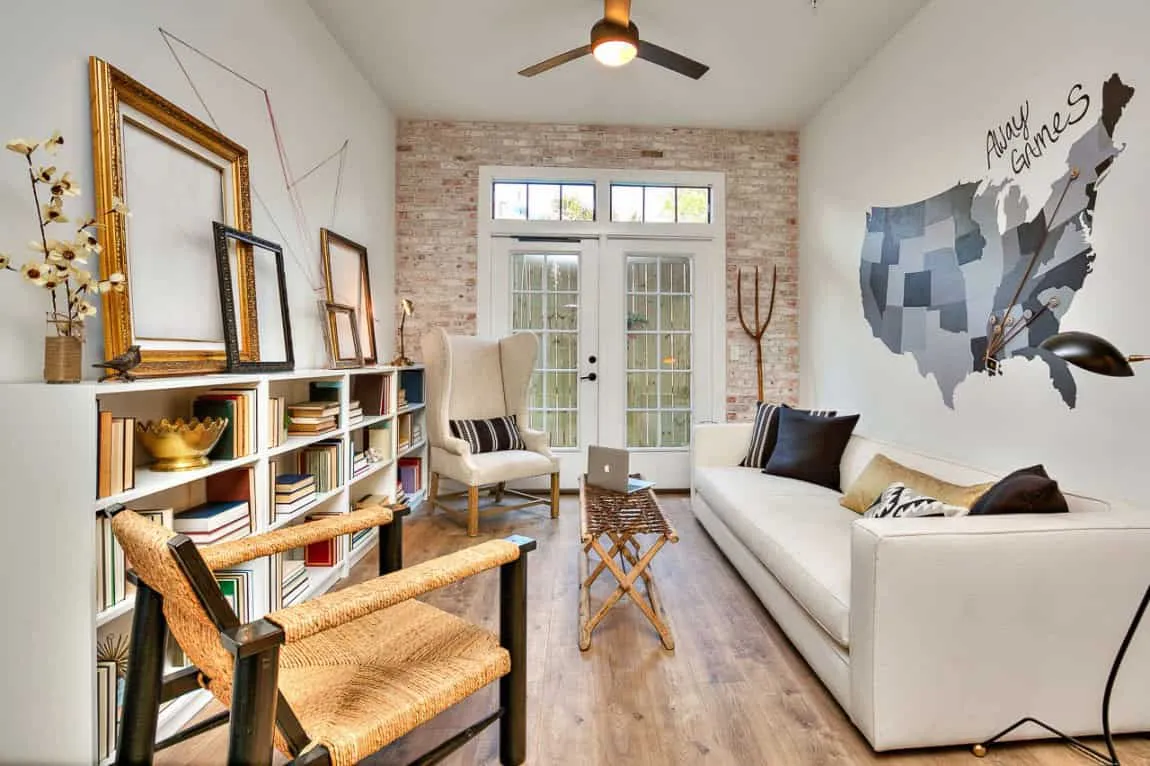 How to Furnish Your Student Apartment
How to Furnish Your Student Apartment How to Obtain High-Quality Materials for New Construction Projects
How to Obtain High-Quality Materials for New Construction Projects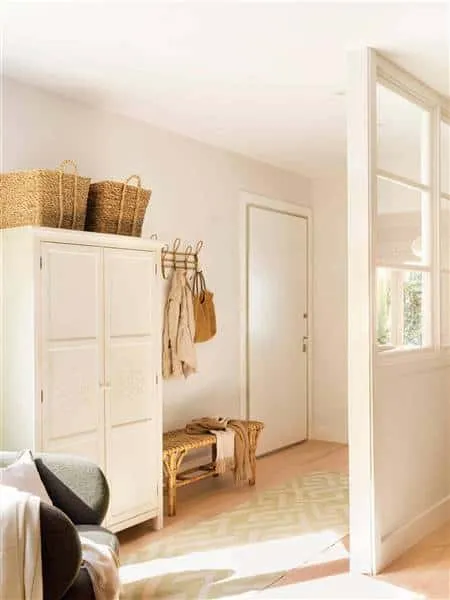 How to Organize Order and Storage in a Small Entryway
How to Organize Order and Storage in a Small Entryway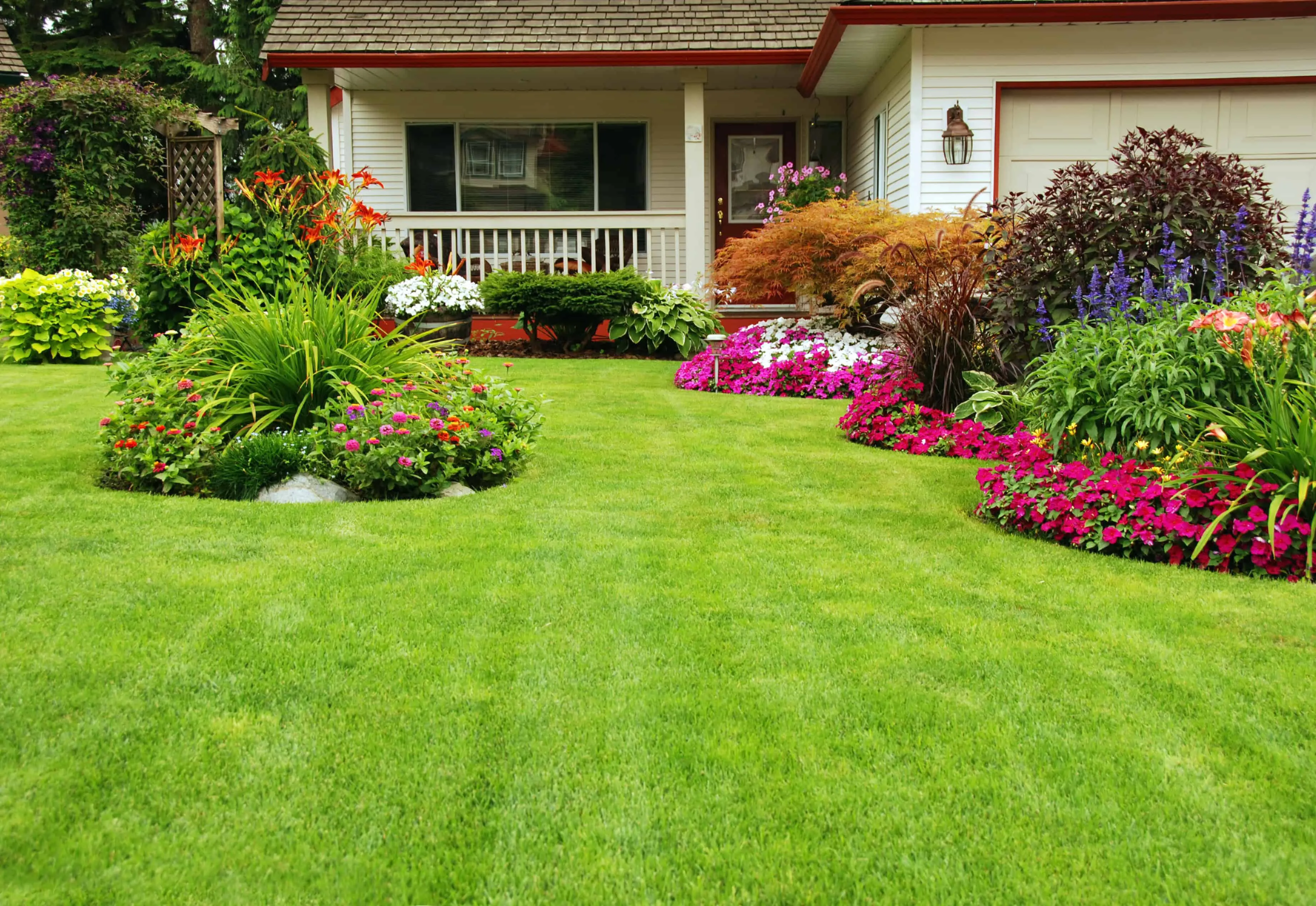 How to Start Creating a Garden in Your Own Home
How to Start Creating a Garden in Your Own Home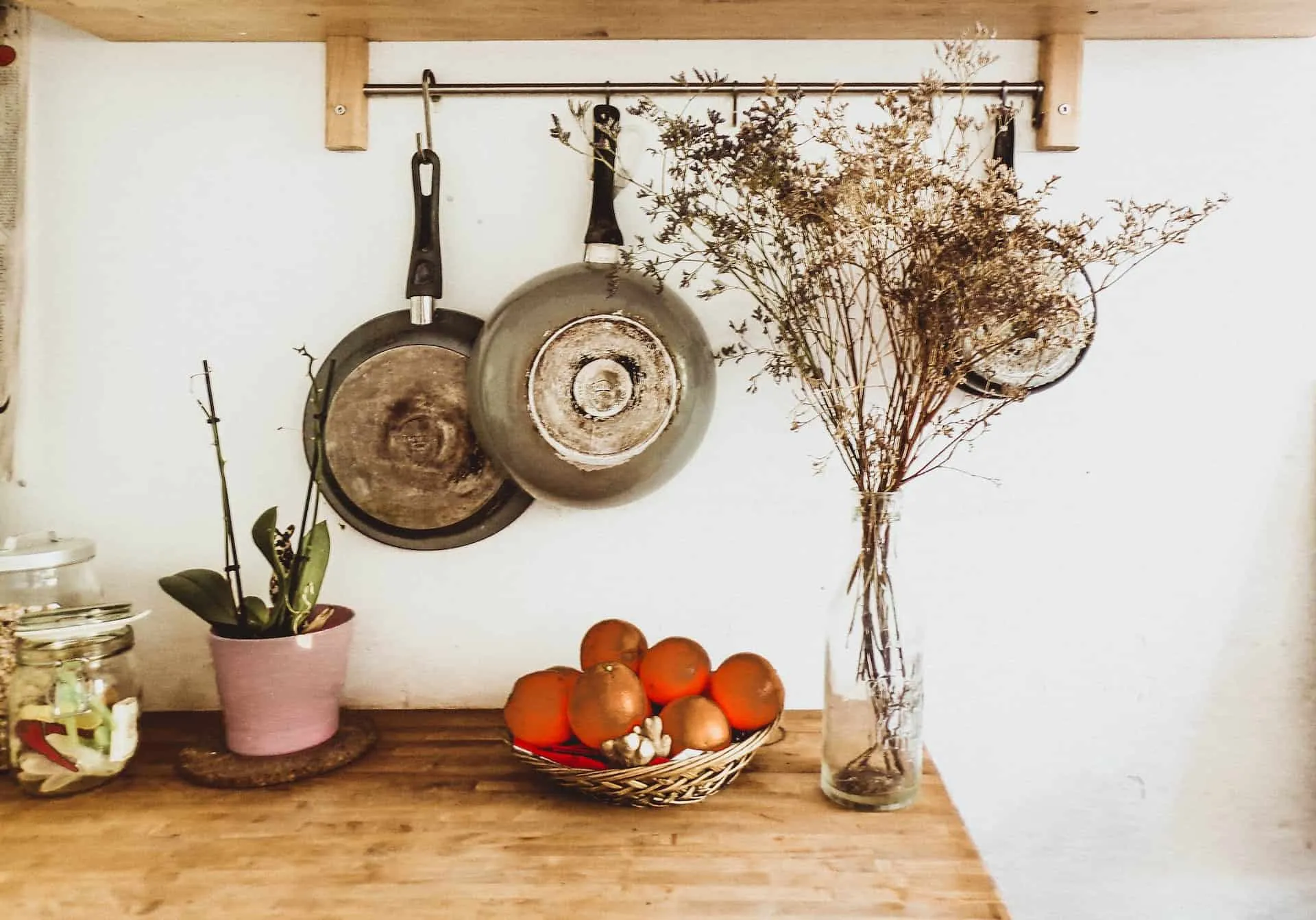 How to Renovate a Kitchen in Farmhouse Style
How to Renovate a Kitchen in Farmhouse Style How to Switch to Solar Energy in 5 Simple Steps
How to Switch to Solar Energy in 5 Simple Steps How to Achieve Peaceful Sleep in Your Bedroom?
How to Achieve Peaceful Sleep in Your Bedroom?